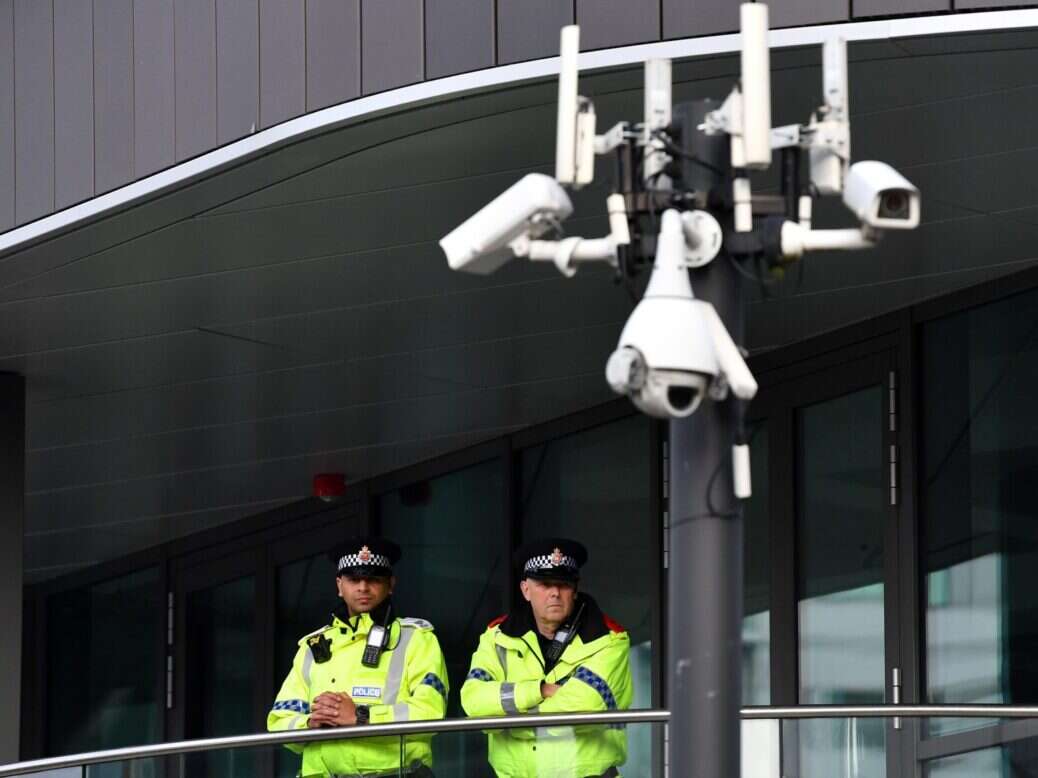
The College of Policing has withdrawn proposals that would have given forces the option of not naming people charged with offences after a Press Gazette article exposing the plan caused uproar among media groups.
The updated guidelines, prompted by concerns about data protection rules, would have instructed police that suspects charged with offences “can be named”, while it had previously stated they “should be named”.
On Friday evening, following a meeting with the Information Commissioner’s Office (ICO), which was supportive of the draft policy, the College of Policing reversed its proposals.
Chief constable Andy Marsh, the College of Policing’s chief executive, said: “An open, transparent, and professional working relationship between the police service and the media is essential to public trust.
“Our guidance to police forces is clear that at the point an individual is charged with a crime, there should be no reasonable expectation of privacy. We believe this is strongly in the public interest and compatible with data protection law.”
The College of Policing U-turn came after Press Gazette’s story last Tuesday prompted widespread condemnation from the British journalism industry.
The Society of Editors, News Media Association and National Union of Journalists each put out statements opposing the measures.
A Daily Mail editorial described the draft guidance as a “sinister assault on public interest journalism”. The Sun described the guidance as “insane” and said it “could make Britain more dangerous overnight”.
Rebecca Camber, the Mail’s crime and security editor and chair of the Crime Reporters Association, first shared her concerns over the guidelines earlier this month.
On Thursday she wrote to the College of Policing on behalf to say that the Crime Reporters Association had “profound concerns” over the proposed changes.
She wrote: “If police forces have the power to choose which criminal charges they release, what is to stop them hushing up the prosecution of police officers or covering up miscarriages of justice?
“How can the public have faith that officers are carrying out their duties independently, without fear or favour, if forces are able to select which crimes and which suspects they talk about.
“We fear this will usher in a new chilling era of secret justice.”
After the College of Policing U-turn, Society of Editors executive director Dawn Alford said: “The decision by the College of Policing to reject a proposal to grant forces the option or whether or not to name an individual upon charge is a huge victory for press freedom.
“Open justice remains one of the fundamental cornerstones of our democracy and media reporting not only keeps communities safe, but it also helps ensure that offenders are brought to justice. We are glad that common sense has prevailed, and we look forward to continuing to work with the College to ensure that any changes to the guidance strengthen rather than impede the public’s right to know.”
Email pged@pressgazette.co.uk to point out mistakes, provide story tips or send in a letter for publication on our "Letters Page" blog
